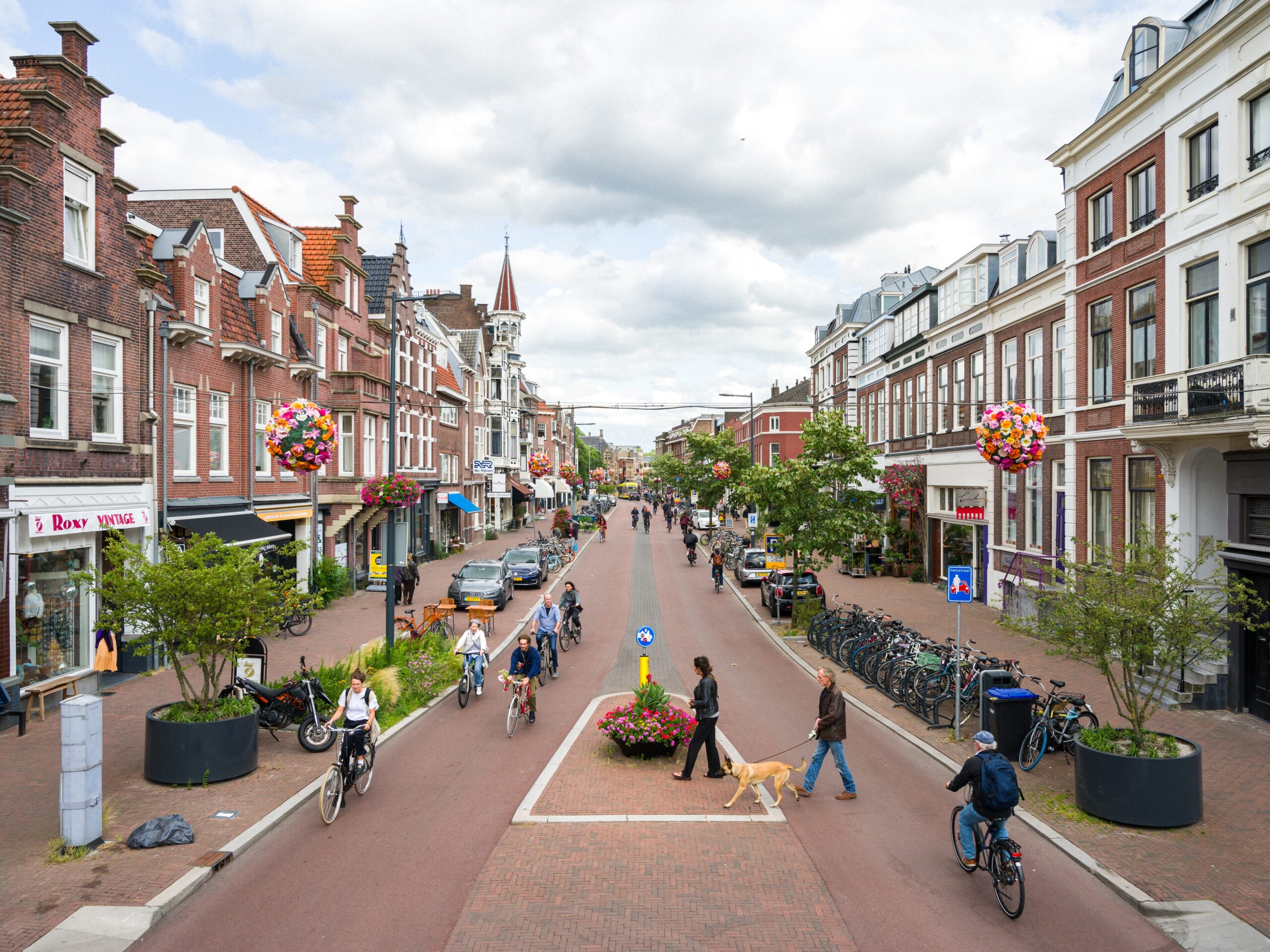CDS-M from the start! A manual for managing data
The creators of the CDS-M tool for data sharing, present their manual and its utility for mobility planners!
Data is rapidly becoming instrumental if not indispensable for urban mobility planning. As greener, smarter and multimodal urban transport services are established, the necessity for collecting, sharing and analysing mobility data is expanding. Such information on mobility patterns, including traffic flows, parking, and use of shared vehicles, is instrumental for designing effective policy agendas and enforcement instruments.
However, without uniformity in data processing and storage, effective data sharing between cities and other mobility stakeholders may prove challenging.
POLIS members Amsterdam, Utrecht, Eindhoven, Rotterdam, together with The Hague, the Ministry of Infrastructure and Water in the Netherlands have developed a first version of the City Data Standard - Mobility (CDS-M), an open data standard for data exchange between cities and shared mobility operators.
Their new manual lays out the why’s, how’s and where’s of data
How should we exchange data securely and effectively?
Shared mobility is being used in more and more places as a sustainable alternative to the traditional forms of transport. A lot of data on the use of shared mobility are collected as a result. The benefit of this is that policy can be formed on the basis of actual use instead of on assumptions.
But sharing data involves a number of risks: data on the use of shared mobility relate to users’ behaviour, and those users’ privacy is currently not always guaranteed. There are risks in the field of cybersecurity as well, such as the hacking of vehicles or personal data.
Consequently, it is important that shared mobility data are exchanged securely and effectively in compliance with the relevant legal frameworks.
In practice, the Cities of Amsterdam, Utrecht, Groningen, Eindhoven and Rotterdam have developed a procedure that meets these demands in full: CDS-M. This procedure is publicly accessible and can be applied by all local authorities in cases where shared mobility is used.
This manual sets out the procedure and includes all the associated documents and tools that enable employees to ensure that data are exchanged securely in shared mobility projects.
Read the manual here. http://www.cds-m.com/
Benefits CDS-M
CDS-M gives governments more insight into the use of shared mobility in public space and thereby improves opportunities for policy development, management and planning with regard to (partial) mobility:
- CDS-M increases insight into the use of shared mobility and the possible effects in public space, such as accessibility and quality of life.
- Because of this insight, CDS-M is a means for policy development, policy (re)direction, and policy improvement.
- CDS-M thus contributes to the optimal use of public space, for example by (dynamically) controlling traffic flows and permit areas.
- CDS-M also makes the exchange of data insights between governments easier. In this way, we can learn across municipal boundaries.
In the long term, we are working towards a more uniform working method for data exchange, via an API, around mobility data. One CDS-M increases the effectiveness of cooperation between mobility providers and governments:
- With CDS-M it is clear how the data (GDPR-proof) is processed and to which governments what type of information must be provided.
- Rolling out services from mobility providers in different areas will be simplified.
- Government and mobility providers can work together on the design of CDS-M and the agreement.
- The usecase-store, that is part of the CDS-M, graded all existing mobility API based on European law.
- Around 34 usecases are already selected in the usecase-store and connected with the API that fit the policy question a city is having.
Collaborations
The development of CDS-M is an initiative of the G5 in collaboration with the Ministry of Infrastructure and Water Management.
Partners are the knowledge platform CROW, Vianova and the mobility providers. The CROW and Vianova apply the CDS-M and workand with the technical specifications and agreements that CDS-M advises. In this way they process mobility data in a safe and modern way. They not only share the data with cities, but also make the data public in their shared mobility dashboard for a larger audience.
Are you a policy officer in this domain, lawyer, security expert, data analyst, transport manager, code developer, mobility provider, data broker or communication specialist and do you have any questions? Please send an email to cds-m@amsterdam.nl.




